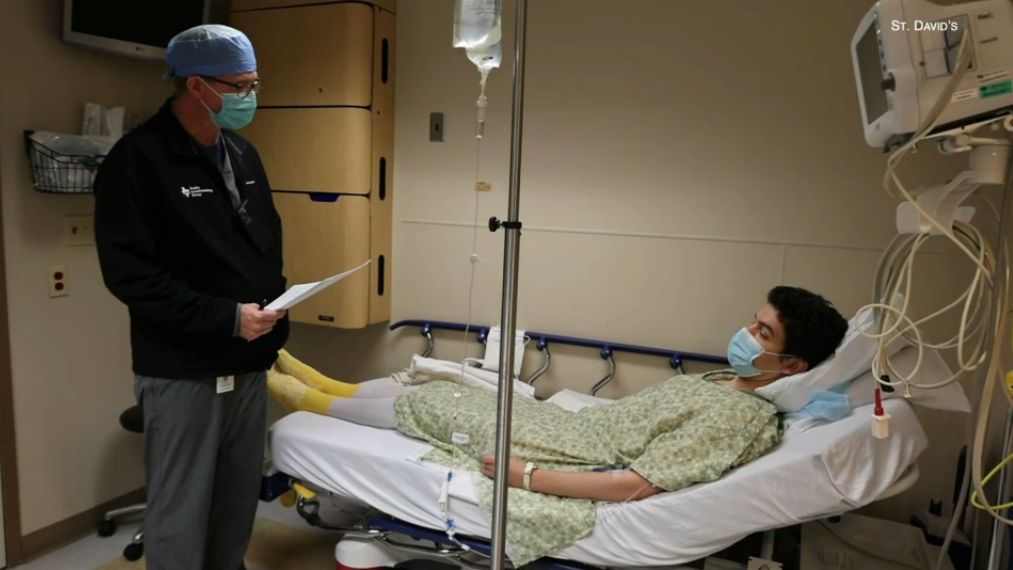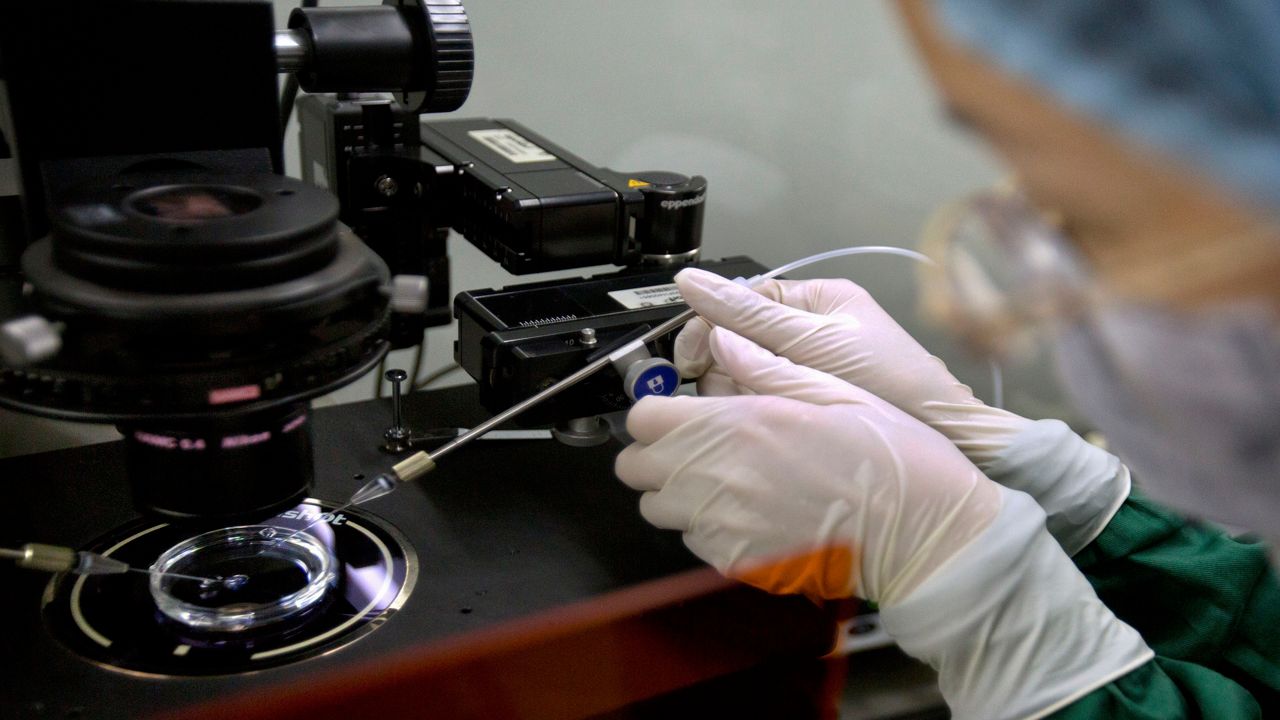WISCONSIN — Over the past decade, there's been a steady increase in monthly visits to UW Health Kids' emergency department for mental health reasons, officials said Thursday. But more notably, there's been a jump in visits since 2020.
UW Health said in 2012, there were around 15 patients a month at the pediatric emergency department for psychiatric care. However, in 2022, it documented more than 40 visits per month. Most of the reasons were because of suicidal ideation, drug or alcohol intoxication, or an overdose, said Dr. Allie Hurst.
“Children are showing up every day in perilous circumstances,” said Hurst, medical director of the pediatric emergency medicine at UW Health Kids and assistant professor at the University of Wisconsin School of Medicine and Public Health.
According to UW Health, those younger than 14 years old had the most visits over the last four years. Children 14-17 still have a high rate of visits, with a steady number visiting since 2018.
But UW Health isn't the only emergency room noticing an increase in these kinds of visits. A recent article in the American Academy of Pediatrics shows that of the 205 Illinois hospitals analyzed, emergency visits because of suicidal ideation increased nearly 60% between 2016 and 2021.
Shanda Wells, pediatric behavioral health specialist at UW Health, said while the underlying causes for the increase in visits aren't known, there are several factors that could be at play, such as poverty, sexual orientation, gender identity and racism.
“Other long-standing impacts on youth mental health like loneliness and hopelessness also play big roles in risk for suicide," she said.
Wells also called attention to the COVID-19 pandemic as being a potential reason, due to the periods of isolation and loneliness many felt during that time.
The Centers for Disease Control and Prevention states suicide is the second leading cause of death between ages 10 to 14. Between the ages of 10-64, it was among the top 9 leading causes of death in 2020 for that age group.
Those who are experiencing suicidal thoughts or know of someone who is can dial the 988 hotline or speak with a primary care physician, Wells said.









